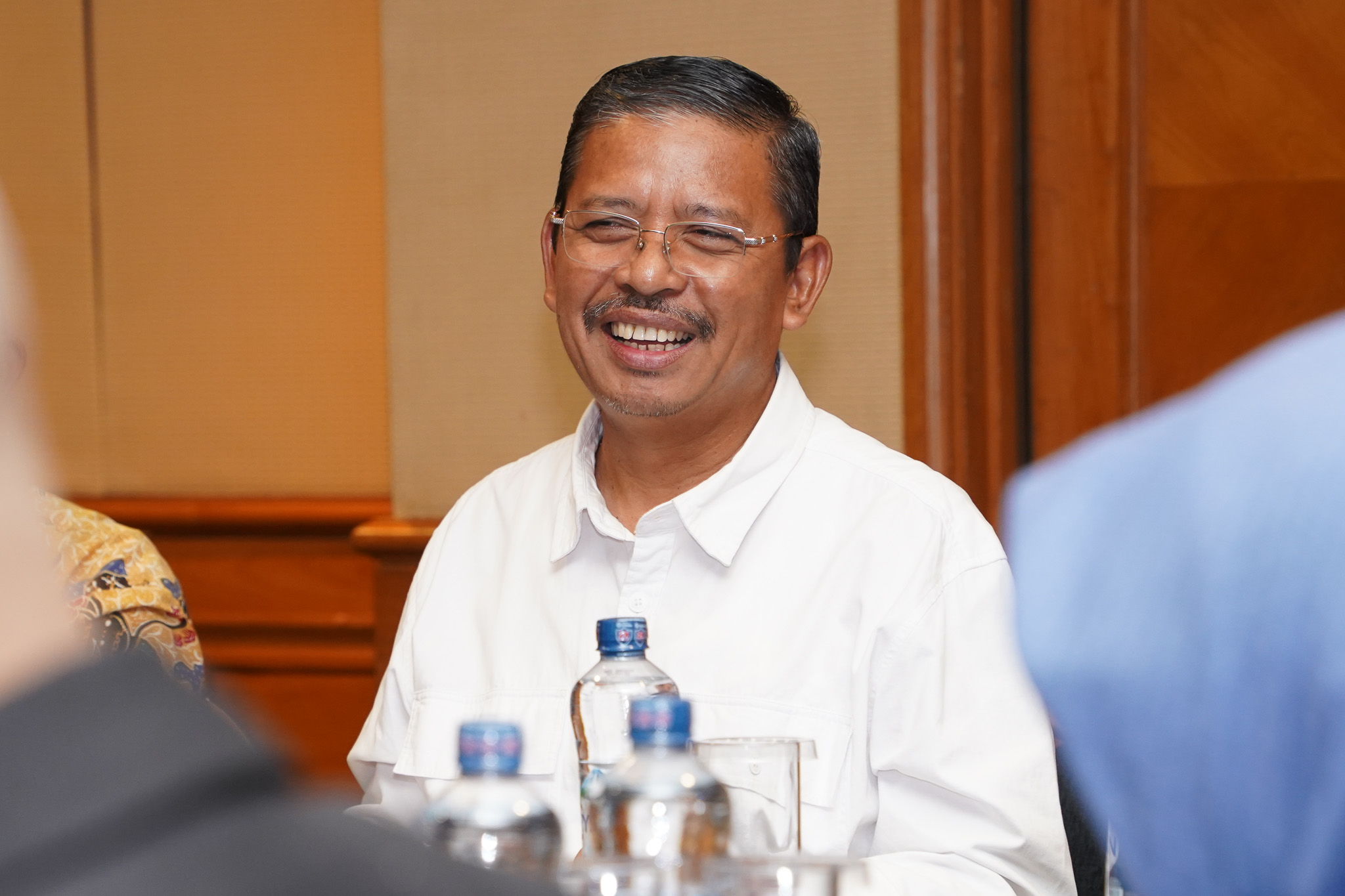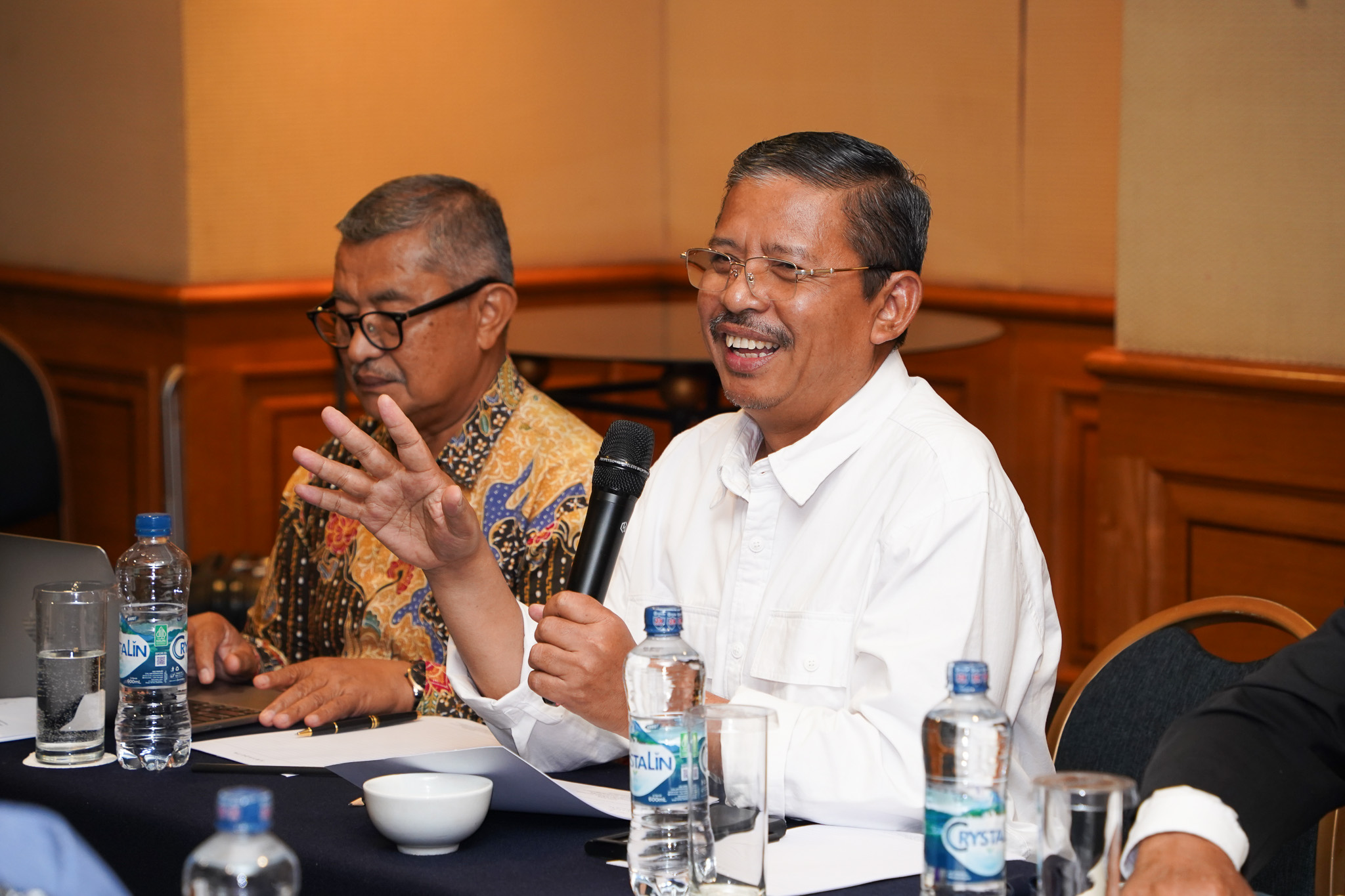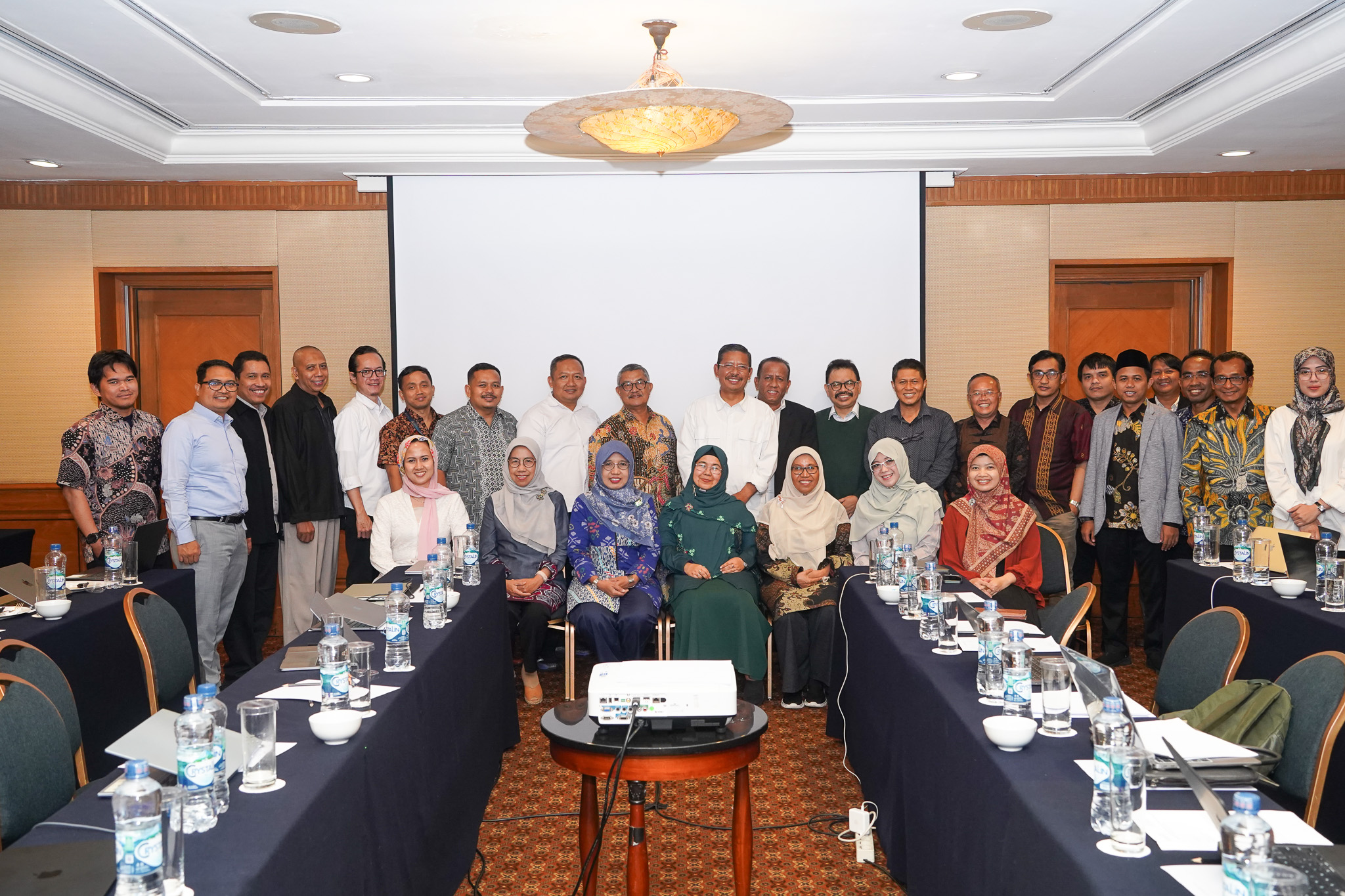Contributor: Supriyono | Photo: Achmad Jatnika

The Annual International Conference on Islam, Science and Society (AICIS+) 2025 has entered a historic chapter with record-breaking participation. According to Prof. Amien Suyitno, Director General of Islamic Education at the Ministry of Religious Affairs, this year’s milestone demonstrates two key indications: the internationalisation of Indonesia’s scholarly platforms and their alignment with President Prabowo Subianto’s Asta Cita national vision.
The 2025 call-for-papers drew an unprecedented 2,434 abstracts from 31 countries, with 2,198 validated submissions after a meticulous review process. Contributions came from a wide spectrum of nations, including Australia, Brunei, Canada, Germany, India, Indonesia, Iran, Japan, Libya, Malaysia, Netherlands, Niger, Nigeria, Pakistan, Philippines, Singapore, South Korea, Tunisia, United Arab Emirates, United Kingdom, United States, Yemen, Saudi Arabia, Kenya, Morocco, Qatar, China, Egypt, Switzerland, Thailand, and Uganda.
Prof. Suyitno stressed that the rebranding of AICIS+ must answer two core mandates: ensuring it stands as a truly international conference, and broadening the scope of disciplines represented.
“This is what we call new branding. We must make sure AICIS+ is a real international conference, representing various nations and disciplines. This will be a legacy,” he said during a coordination meeting between the Steering Committee and the Organizing Committee of AICIS+ 2025 in Central Jakarta on August 19
The submissions reflect the increasing confidence of the academic community in bringing diverse issues into dialogue with Islamic scholarship. Among them are fields directly tied to the Asta Cita agenda: energy and food security, public health in Muslim societies, and ecotheology with its focus on environmental sustainability.

“With diverse themes—from energy and food systems to public health and ecotheology—this is what we should glorify. It shows that Islamic higher education under the Ministry can support the Asta Cita of President Prabowo,” Prof. Suyitno explained.
President Prabowo’s Asta Cita outlines eight national priorities, including quality education, environmental protection, sustainable energy, and food resilience. Prof. Suyitno noted that the variety of AICIS+ themes is well-positioned to respond to these strategic pillars.
Prof. Suyitno concluded that the transformation of AICIS+ represents more than numbers: “This is about ensuring our scholarship has both international reach and national relevance.”
By bridging scholarship with national priorities, AICIS+ demonstrates how Islamic higher education can play a vital role in shaping solutions for global challenges while advancing Indonesia’s vision for a stronger, more sustainable future.


The Annual International Conference on Islam, Science, and Society
Copyright © 2025 Universitas Islam Internasional Indonesia